
Innovation
Meet five female founders driving innovation
16 July 2020
Barclays is committed to driving gender diversity, supporting the ambitions of female founders through initiatives such as the national network of Eagle Labs and the Barclays Accelerator, powered by Techstars. Five of the women leading game-changing businesses share how they are innovating in their industries – and their advice for aspiring entrepreneurs.
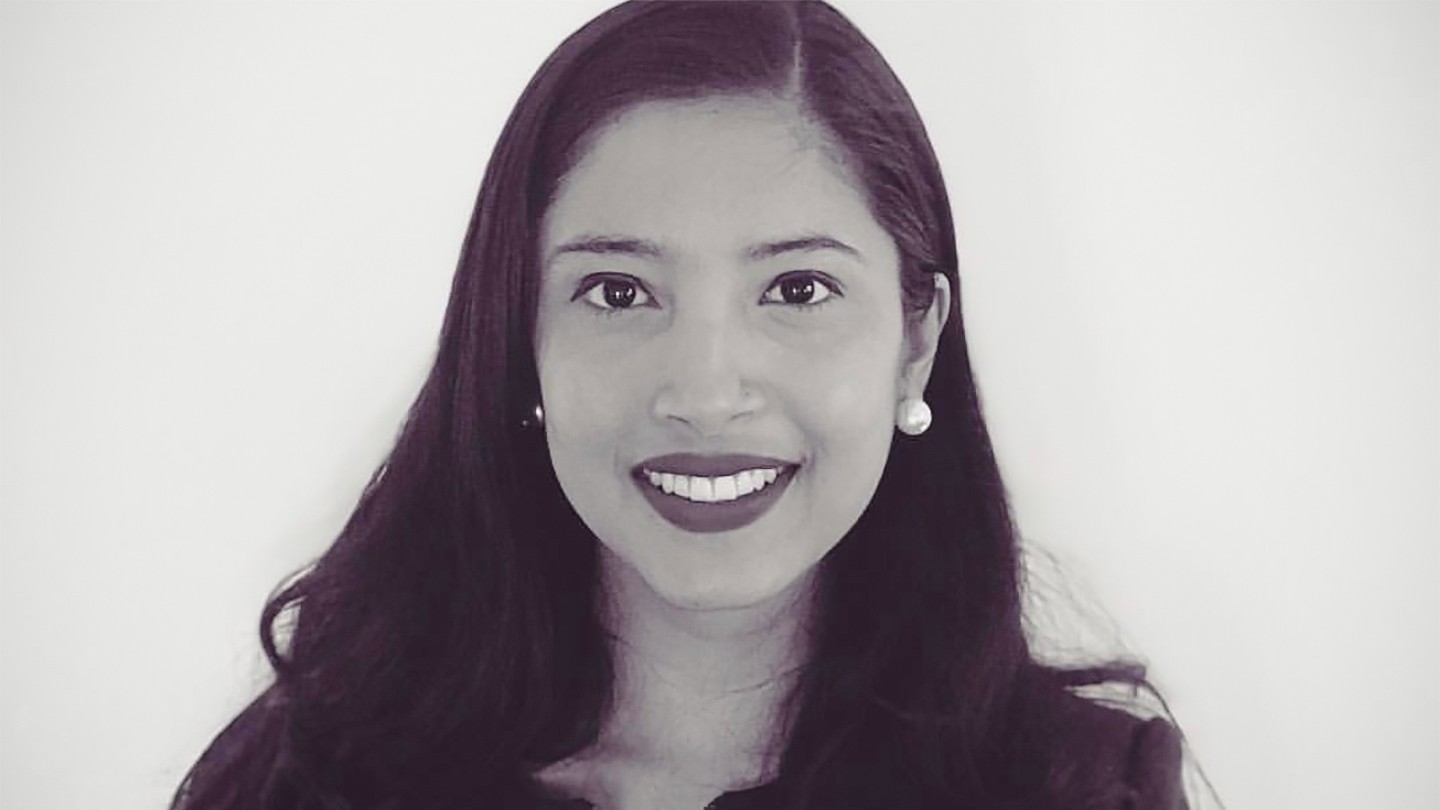
Nami Baral's company, Harvest, helps people reduce their debt footprint.
"I want to solve a $100bn problem"
- Nami Baral, Harvest
Nami Baral has accomplished a range of challenging feats: from getting chosen to study at Harvard to conducting cancer research with top medical faculty at Harvard Medical School and managing global teams at iconic companies like Twitter. Yet, she says describes starting her own business as “the hardest thing that I’ve ever done in my career”.
-
Describing her lightbulb moment, she says: “I found that most people across the economic spectrum suffered from the same kinds of structural financial problems. The average American has $38,000 of debt. Most Americans are living paycheck to paycheck. So I decided to create Harvest – a product that helps people reduce their debt footprint”.
It’s a huge endeavour that requires a flexible and scalable solution. “Harvest uses AI and machine learning to understand people’s unique financial situation and history. It then automatically negotiates with banks on behalf of consumers, to reduce the amount spent on bank fees like late fees, ATM charges, credit card interest rates and more. Bank fees alone are estimated to cost American consumers around $100bn a year.” When credit cards and personal loans are taken into account, the figure rises to more than a trillion dollars a year.
The issue Baral wants to address is complex, but doing so as a female immigrant founder has compounded the challenge. “I’m someone who has always worked hard and wanted to be a master of my own fate,” she says, “but it was striking how resourceful I had to be with a background like mine.”
This was especially evident during fundraising: “It is often harder for female founders to get funded. It’s not because venture capitalists don’t want to invest, it’s because they can’t pattern match you as easily with other leaders of their portfolio companies since female founders are few and far between, especially in fintech.”
Baral has succeeded despite these systemic prejudices, and Harvest has now been through two successful rounds of fundraising: “I have support from amazing investors who don’t tend to pattern match and who think outside the box – Barclays is one of them.”
The startup first took part in the Barclays Accelerator, powered by Techstars, before the bank joined as an investor, attracted by Harvest’s growth potential and social mission. Baral believes that Barclays’ networking and resource sharing support have brought game-changing opportunities: “It’s been amazing for me to draw on Barclays’ brand and network. It has helped my company accelerate to the next level.”
Baral advises would-be female entrepreneurs to commit to the journey sooner rather than later: “Don’t wait to start something you’re interested in. There’s never going to be a perfect time or a right time. Life will continue to happen, so jump in.”
"It's exciting to be building a new, fairer financial services system"
Bailey Kursar, Touco
Founded in 2018, Touco (formerly Toucan) is an app that helps carers and families safeguard and manage the finances of someone they're caring for. It helps vulnerable customers, including people living with long term mental health problems, keep on top of their money.
-
Before co-founding Touco, CEO Bailey Kursar worked in several early stage fintech startups, including Monzo and MarketFinance. She was always drawn to projects that could have an impact on an underserved group of people.
Her own experience of mental health problems, alongside her work with the research charity the Money and Mental Health Policy Institute, motivated her to start Touco. "I'd seen first-hand at Monzo how people were using the initial prepaid cards in their families, to give to elderly and vulnerable relatives to keep track of their spending. It seemed to me that this collaboration and support was an excellent use case for Open Banking".
After winning a hackathon with the initial concept, Kursar was able to finance further development of a prototype and a live product through grant funding. The team is now seven people strong, with an all-woman executive team, plus experts in engineering, regulation, design and user research.
While the Touco team had the product development side covered, in 2019 they decided they could do with help building their business proposition. Kursar says: “We’re all first-time founders. The Barclays Accelerator was a great opportunity to learn more about building a scalable business. It also gave us the opportunity to get to know other first or second time founders and learn from each other.”
By learning from experts at Barclays, Touco is now looking at bringing on external investors. “Having always been grant funded, we learnt about fundraising – something we hadn’t done before. A lot of what we got out of the accelerator was about taking our foundation and building on it, to make Touco an investable proposition.”
Kursar’s advice for those who want to get into the tech industry is to not worry about following one path: “Follow your instincts early on in your career, rather than thinking there’s one ladder to climb. Most people who are successful in tech have had a ‘zig zag’ approach, been open to change and viewed it as a challenge.”
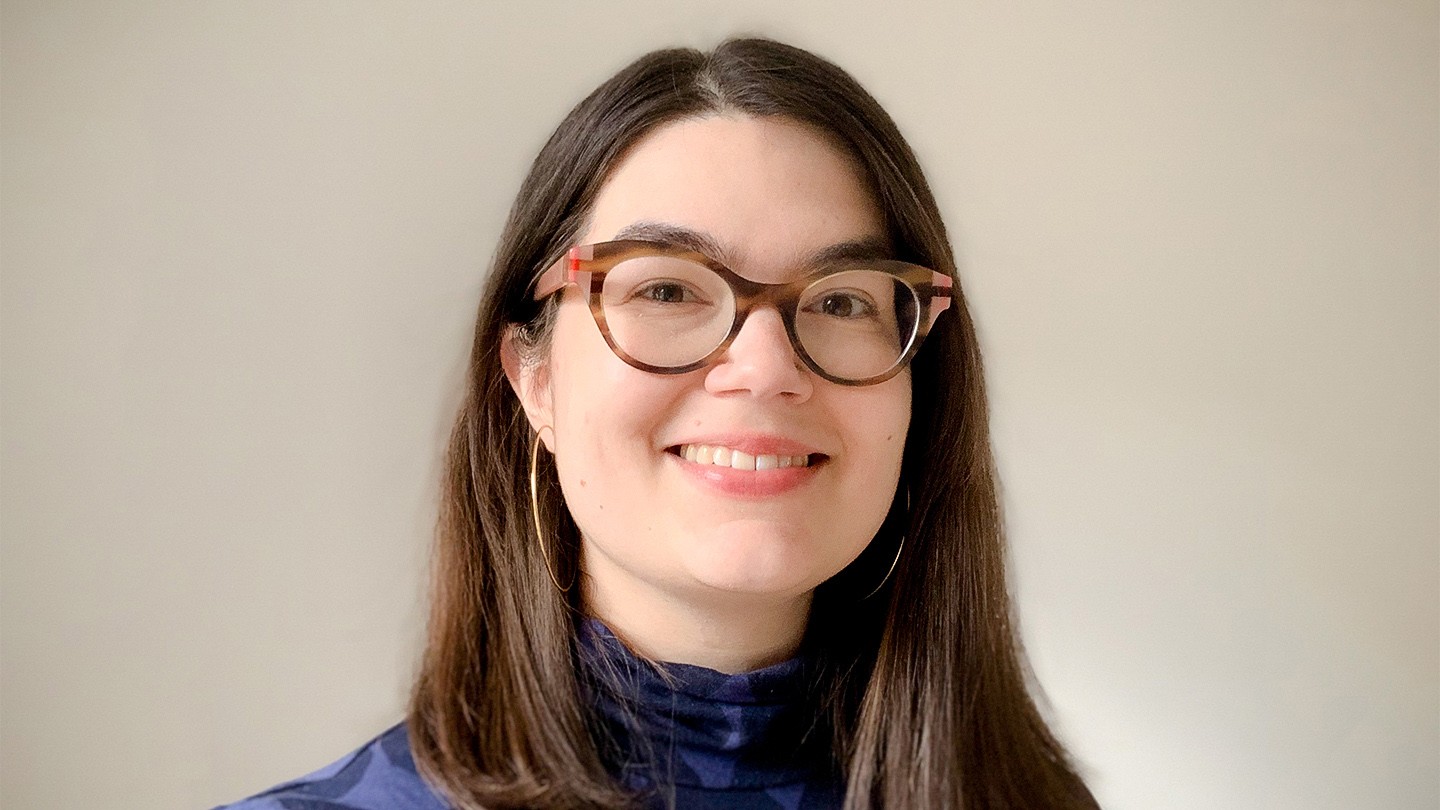
Bailey Kursar says Barclays support has helped her learn more about building a scalable business.
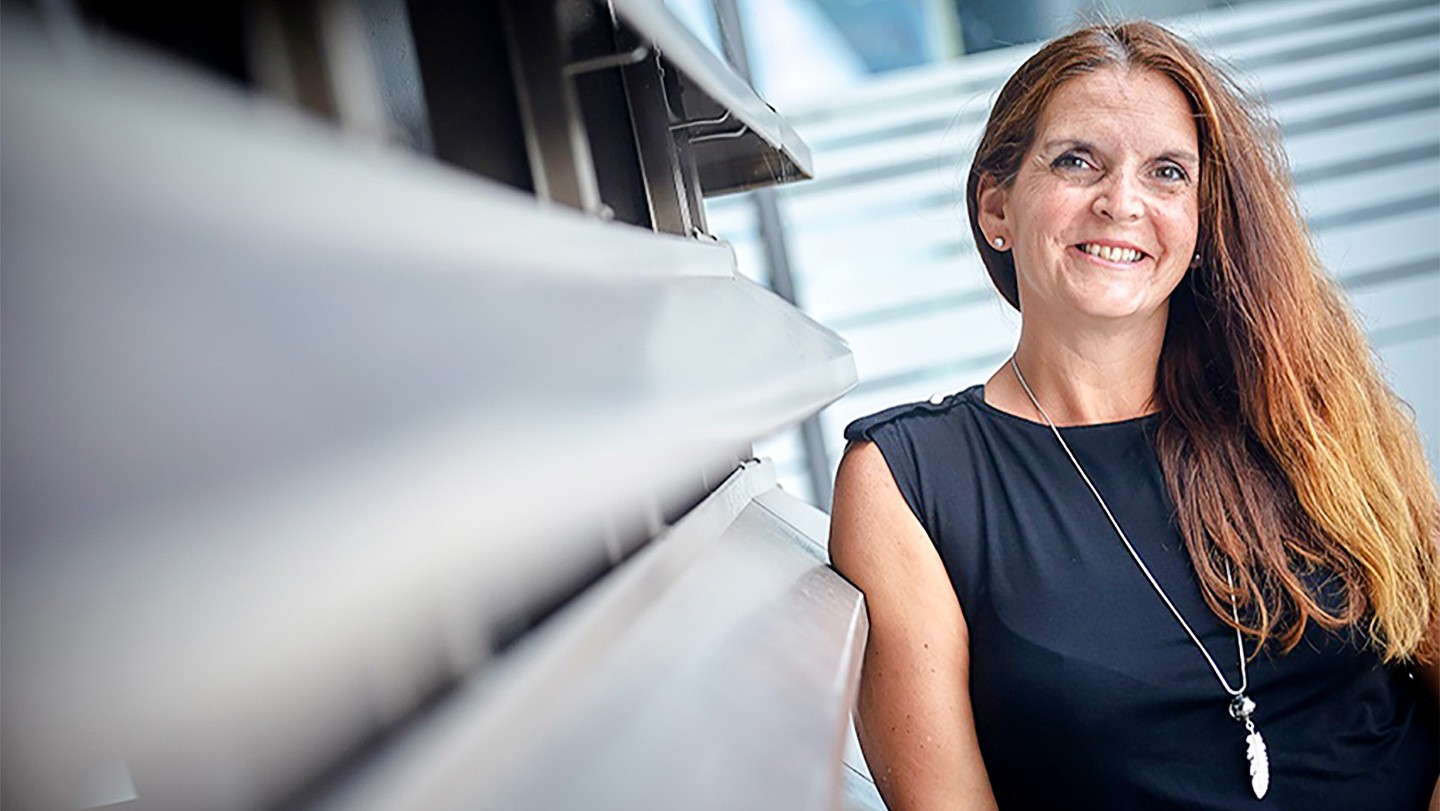
Christina Colmer McHugh was inspired by an experience with her daughter to start her company, Moodbeam.
“I want to help people feel mentally resilient, and give everyone a voice”
Christina Colmer McHugh, Moodbeam
“The question of what emotional and mental wellbeing looks like is complex,” says Co-Founder and Director of Moodbeam, Christina Colmer McHugh. “This is especially true during the current coronavirus pandemic.”
-
Moodbeam’s wearable tech, which allows the user to track and visualise their mood by clicking one of two buttons on a wristband, is more relevant than ever. Colmer McHugh founded the company four years ago, after a deeply personal experience with her seven-year-old daughter made her realise how important it is to be connected to those around us, understand how they feel, and address any problems. “There was a time in my life when my daughter was unhappy yet didn’t feel she could reach out to talk to me about it. This was a real wake-up call about how hard these things can be to discuss. To turn this negative experience into something positive, I knew I had to be creative.”
Colmer McHugh partnered with friend and seasoned entrepreneur, Jonathan Elvidge, to bring her vision for Moodbeam to life. They worked on a prototype that she believed had the potential “to really change lives”, and secured initial funding. After working to further develop the prototype at the Eagle Labs-partnered incubator C4DI, Moodbeam began their journey with Barclays.
Now, Colmer McHugh is working with Barclays’ Eagle Labs – the bank’s national network of startup incubators – to find next stage investment and build Moodbeam’s business model. And, she says, the partnership is working well.
“From the start we never felt we had to explain ourselves twice. The Barclays teams got it straight away and were constantly supportive. The beauty of working with the team at Eagle Labs is that they reflect the ethics and principles that we have as a brand.”
Moodbeam has grown into a versatile product which has applications across different parts of society, both personally and professionally.
“Moodbeam has brought over 5,000 wearables to the market, and we’ve expanded from supplying the tech to individuals for personal use, to supplying the health and social care and education systems too. We’re also increasingly working with companies that want to track and measure workplace wellbeing, something that’s becoming more of a hot topic as people work remotely.”
Colmer McHugh advises other female founders to spend time and energy building a good team: “Collaboration with the right people is key, and this also involves having the guts to push back if people aren’t right for your team or the journey you’re on.”
“We’re taking on the problem that causes most business closures”
Ann Juliano, Muse
“I wanted to create something which had an impact on the world, other than making rich people richer.” That’s what motivated Ann Juliano to found Muse, the cashflow and invoice financing startup.
-
After a hugely successful career in insurance trading, Juliano decided that she could have more control over her career if she started her own business. Initially she started out in the same field, but found that the time taken up by cash flow management and invoice administration was holding back company growth: “There was just so much time spent on admin, it really complicated the challenge of building a business.”
This sparked the idea behind Muse. She researched how other companies navigated these problems and learned that business owners spend on average two days a week managing their invoices, which costs SMEs trillions of dollars every year.
Juliano created Muse, a platform which allows businesses to visualise their cash flow over the next 30-day period and sell unpaid invoices to plug any gaps. “This is the biggest pain point for small business owners – getting reliable visibility of their short-term cash flow.” Failure to anticipate shortfalls can cause fatal damage: “80% of businesses fail because of cash flow constraints – not because the business itself is a failure, but because clients fail to pay their invoices on time.”
Once the product prototype for Muse and a go-to-market strategy were in place, Juliano needed fundraising to scale up. But she found this a difficult process: “On top of all the usual challenges we experienced, you regularly hear news about how few female-founded companies get investment. It can be a discouraging environment.”
Muse took part in the Barclays Accelerator, powered by Techstars, which helped to guide Juliano‘s journey to attracting investment. “It helped us put together a solid framework for organising and running a fundraising process – encouraging us to consider the types of conversations we were having and to prioritise particular strategic directions from an investment perspective.”
Juliano says that the programme’s most valuable lesson was that this is a marathon, not a sprint: “The programme highlighted how important it was to find the right investors that are a good match for the business and provide the value the business needs – this can take time and it is a numbers game to find the right partner.”
With Barclays’ support, Muse has grown quickly. It launched on app stores in December 2019 and has supplied businesses with £14m in cash flow finance to date.
Juliano advises aspiring startup founders to be flexible and patient. “Success does not happen overnight. There are a number of challenges you will need to overcome. So, be ready to pivot your plans, as many times as required. It will make you resilient and will definitely pay off in the long term.”
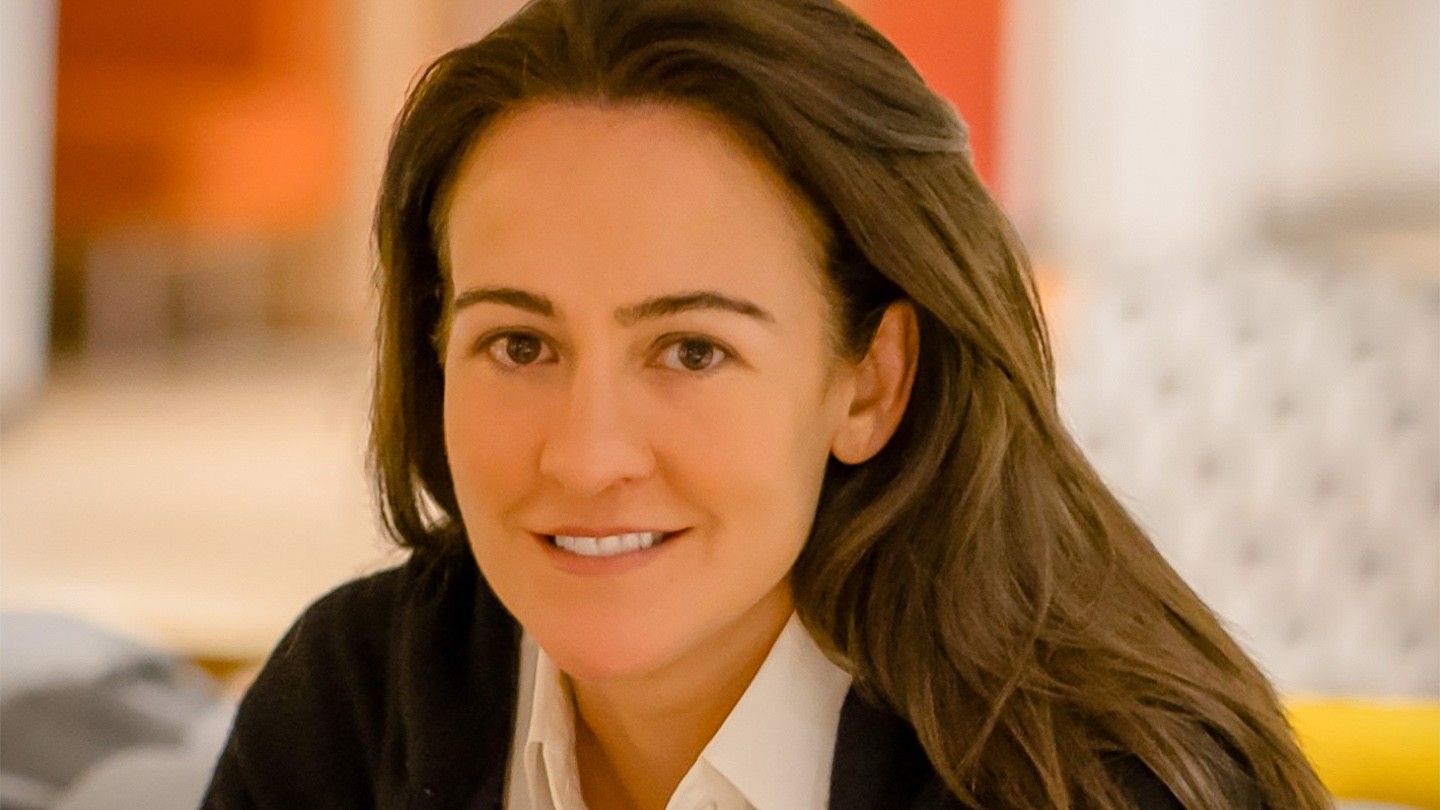
Ann Juliano's company, Muse, helps business owners visualise their cash flow.
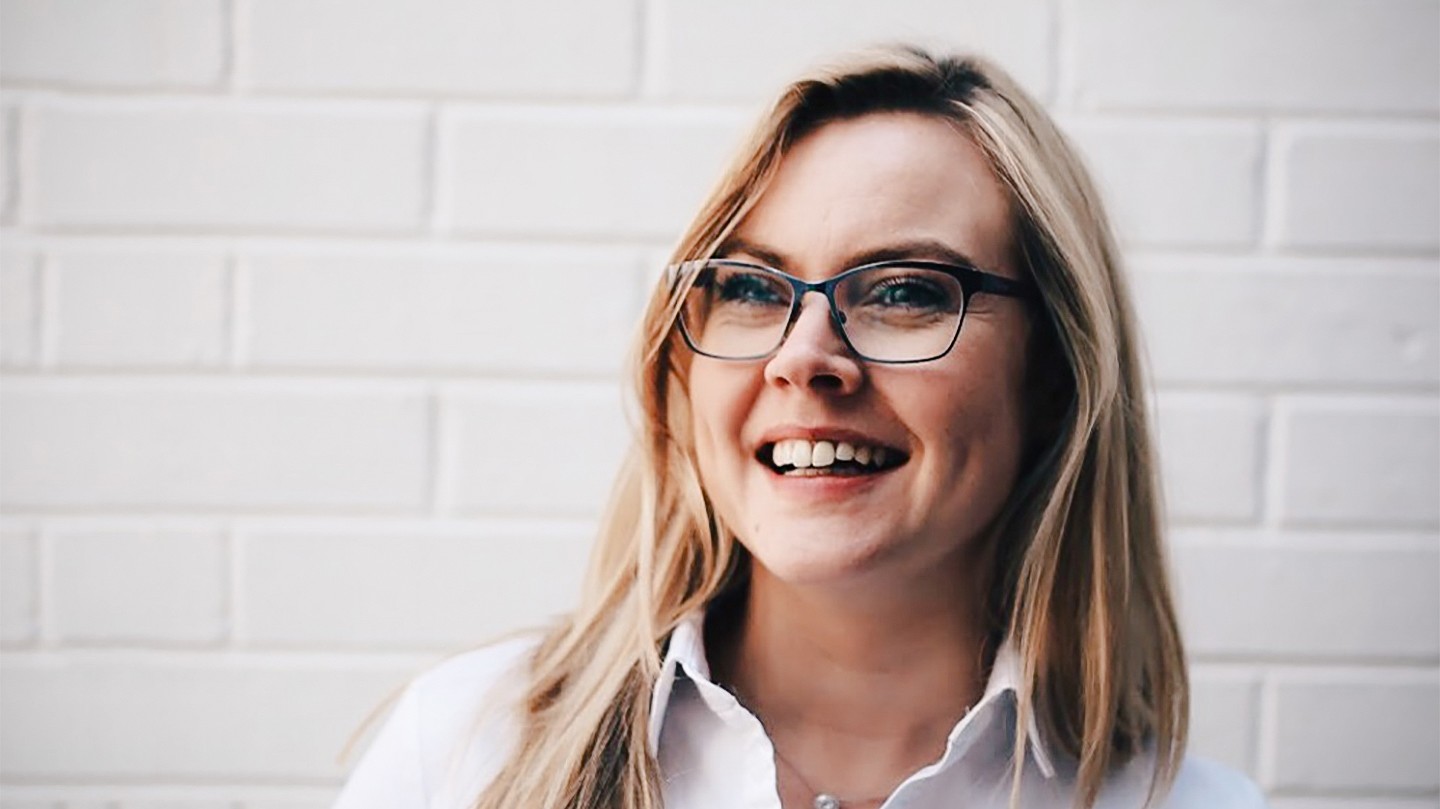
Carol Rossborough's company, ESTHER, has been supported by Barclays' Eagle Labs network.
“When we succeed, it will be an enormous benefit to society”
Carol Rossborough, ESTHER
“Disruptive startups have the power to shape the world.” That is the ethos on which ESTHER was built by Co-Founders Carol Rossborough and Ailís McCaul.
-
ESTHER matches charitable donors with people in need in their own city, like local rough sleepers or young mothers in need. The clever part is the fintech behind the platform: the vulnerable people it supports are given an ‘ESTHER card’ with prepaid donations, and a spending limit on high-risk products like alcohol. This gives people in need the dignity of buying their own groceries or household items for their families.
The guarantee of safer donations has allowed ESTHER to grow to 300 donors, supporting 25 vulnerable young people locally in Belfast in just five months. After a successful launch phase in Northern Ireland, ESTHER is targeting its first US pilot in Denver, Colorado this September.
“I wanted to use the best innovation and emerging technology to help solve the biggest problems in our society,” says Rossborough, who spent her early career in B2B sales roles and working for other founders.
Rossborough and her co-founders have partnered with Barclays’ Belfast Eagle Lab. She explains: “Barclays’ network and relationships have opened doors for us – getting access to events we wouldn’t otherwise know about. Our Eagle Lab representative got us a keynote speaking slot at the Innovate UK conference, which was an amazing opportunity to meet people and get noticed.”
Starting a business can be daunting, but Rossborough’s advice is to embrace risk: “People tend to overthink things. It’s okay to get things wrong – failure is just part of being an entrepreneur. Reconciling yourself to that risk at the start of your journey is vital and know that it’s okay to have to try again.”